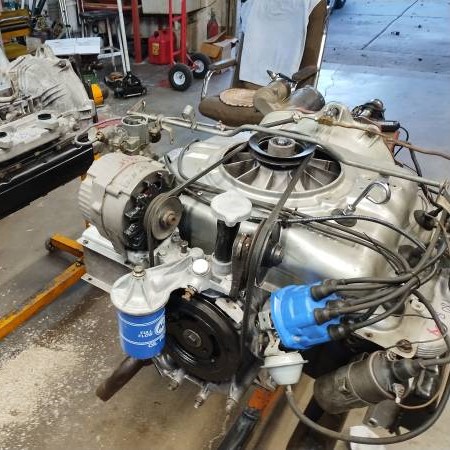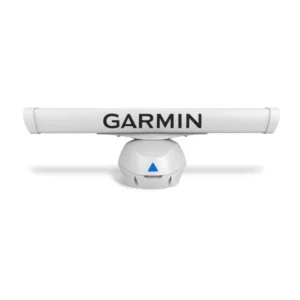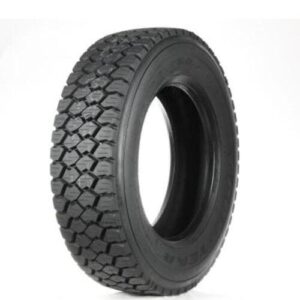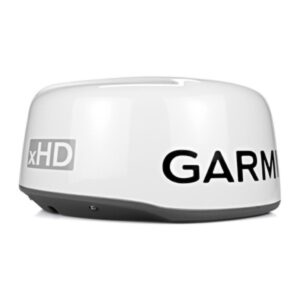corvair engine for sale
The Chevrolet Corvair holds a unique place in American automotive history. Produced from 1960 to 1969, it was Chevrolet’s bold experiment with a rear-mounted, air-cooled, flat-six engine. Today, these engines are sought after by collectors, mechanics, and restorers for their rarity and classic engineering. If you’re looking for a Corvair engine for sale, this comprehensive guide will help you navigate the options, understand pricing, and make the best buying decision.
Corvair Engine for Sale: Where to Find, What to Know, and How to Buy
The Chevrolet Corvair holds a unique place in American automotive history. Produced from 1960 to 1969, it was Chevrolet’s bold experiment with a rear-mounted, air-cooled, flat-six engine. Today, these engines are sought after by collectors, mechanics, and restorers for their rarity and classic engineering. If you’re looking for a Corvair engine for sale, this comprehensive guide will help you navigate the options, understand pricing, and make the best buying decision.
✅ Table of Contents
-
Introduction to the Corvair Engine
-
Why Buy a Corvair Engine?
-
Types of Corvair Engines Available for Sale
-
Common Specifications of Corvair Engines
-
Where to Find a Corvair Engine for Sale
-
How Much Does a Corvair Engine Cost?
-
Tips for Buying a Corvair Engine
-
Restored vs. Used Corvair Engines
-
Shipping and Handling Considerations
-
Installing a Corvair Engine
-
Legal and Registration Aspects
-
Frequently Asked Questions (FAQs)
🔧 Introduction to the Corvair Engine
The Chevrolet Corvair engine was revolutionary for its time. Unlike most American cars of the 1960s, which featured front-engine, water-cooled designs, the Corvair was rear-engined and air-cooled. This made it more similar to the Volkswagen Beetle or Porsche 911 than to its domestic counterparts.
Key features of the Corvair engine:
-
Flat-six (horizontally opposed) layout
-
Air-cooled
-
Displacement ranging from 2.3L (140 cu in) to 2.7L (164 cu in)
-
Available in both naturally aspirated and turbocharged versions
🚗 Why Buy a Corvair Engine?
People look for Corvair engines for sale for several reasons:
-
Restoration projects: Classic car enthusiasts restoring a vintage Corvair often need a period-correct engine.
-
Engine swaps: Some builders use Corvair engines in custom or experimental vehicles due to their compact size.
-
Historical interest: Collectors and hobbyists value these engines for their engineering uniqueness.
-
Parts sourcing: Even a non-functional Corvair engine can be a valuable source of rare parts.
🛠️ Types of Corvair Engines Available for Sale
Several Corvair engine variants were produced over its decade-long run. When searching for a Chevy Corvair engine for sale, know what type suits your needs:
| Engine Size | Model Years | Horsepower Range | Notable Features |
|---|---|---|---|
| 140 cu in (2.3L) | 1960–1963 | ~80–102 hp | Early engines, basic design |
| 145 cu in (2.4L) | 1964 only | ~95–110 hp | Transitional model |
| 164 cu in (2.7L) | 1965–1969 | ~95–180 hp | Turbocharged variant available |
Turbocharged versions (notably the 150 and 180 hp engines) are rarer and more valuable due to their higher output and collectible nature.
📏 Common Specifications of Corvair Engines
When evaluating a Corvair motor for sale, consider the following specifications:
-
Bore x Stroke: 3.375 x 2.94 in
-
Compression Ratios: Ranging from 8.0:1 to 9.25:1
-
Carburetion: Single, dual, or quad carburetor setups
-
Turbocharger: Available on certain Corsa and Monza models
-
Weight: ~300-350 lbs fully dressed
The flat-six layout also means the Corvair engine is well-suited for vehicles with limited engine bay height.
🔍 Where to Find a Corvair Engine for Sale
Whether you’re buying a running engine, a rebuilt Corvair engine, or a core engine for rebuilding, here are the best places to start your search:
1. eBay Motors
One of the largest marketplaces for classic car parts. Listings range from complete engines to individual components.
2. Facebook Marketplace & Craigslist
Ideal for finding local deals. You can often inspect engines in person before purchasing.
3. Corvair Specialty Forums
-
Corvair Center Forum
-
Virtual Corvair Club
-
CorvairForum.com
These communities often have classifieds with engines for sale from trusted members.
4. Classic Car Junkyards
Auto recyclers that specialize in vintage vehicles sometimes carry Corvair engines.
5. Engine Rebuilders and Machine Shops
Some small shops specialize in rebuilding vintage air-cooled engines and offer complete units with warranties.
💵 How Much Does a Corvair Engine Cost?
Prices for a Chevy Corvair engine for sale can vary widely depending on condition, rarity, and completeness:
| Engine Condition | Price Range |
|---|---|
| Core/Parts Only | $200 – $600 |
| Used/Non-Running | $500 – $1,200 |
| Rebuilt | $2,000 – $4,000 |
| Turbocharged Rebuild | $3,500 – $5,500+ |
| Fully Restored Engine | $4,000 – $6,000+ |
Be wary of low-priced engines unless you’re prepared to invest in a full rebuild.
🧠 Tips for Buying a Corvair Engine
When buying a Corvair engine, consider the following:
✅ Check for Engine Numbers
Verify that the engine code matches your desired model year and specs.
✅ Inspect for Cracks
Look for cracks in the cylinder heads or block—especially in engines that have sat for long periods.
✅ Compression Test
If possible, perform or request a compression test to check engine health.
✅ Ask for Documentation
Rebuilders should provide receipts for parts and services used during the rebuild process.
✅ Know Your Model
Engines varied year to year. Make sure the engine you’re buying matches your Corvair (or custom project) requirements.
🔄 Restored vs. Used Corvair Engines
When choosing between used and rebuilt Corvair engines for sale, consider the pros and cons:
Used Engine
-
Pros: Lower cost, quicker availability
-
Cons: Unknown wear, may need a rebuild
Rebuilt Engine
-
Pros: Like-new performance, warranties often available
-
Cons: Higher upfront cost, longer lead time
A rebuilt Corvair engine is typically the better long-term investment if reliability is important to you.
📦 Shipping and Handling Considerations
Engines are heavy and bulky. Consider these when purchasing:
-
Shipping costs: Freight shipping can cost $200–$500 depending on distance and weight.
-
Palletized delivery: Most rebuilt engines ship on pallets.
-
Local pickup: Ideal for saving money and inspecting the engine firsthand.
🔧 Installing a Corvair Engine
Installing a Corvair engine requires some experience with classic vehicles, especially due to its:
-
Rear-mounted configuration
-
Transaxle compatibility
-
Specialized cooling system
Most DIY restorers can perform the swap with basic tools and a lift or jack system, but professional help may be necessary for tuning and testing.
📄 Legal and Registration Aspects
While engines themselves don’t carry titles, here are a few legal tips:
-
Keep invoices: Especially if you plan to register the vehicle with a new engine.
-
Check emissions laws: In some states, engine swaps (even vintage ones) are subject to emissions testing.
-
VIN Matching: If you want a numbers-matching restoration, ensure the engine code aligns with your car’s original documentation.
🙋 Frequently Asked Questions (FAQs)
❓ Can you still buy a new Corvair engine?
No new Corvair engines are manufactured today. However, rebuilt and remanufactured engines are widely available from specialty shops and collectors.
❓ How much horsepower does a Corvair engine make?
Depending on the model and year, Corvair engines produce between 80 and 180 horsepower. Turbocharged variants offer the highest output.
❓ Are Corvair engines reliable?
When properly maintained or rebuilt, Corvair engines are very reliable for classic use. However, they do require specific maintenance, especially due to their air-cooled nature.
❓ What is a Corvair engine core?
An engine core is a used engine, typically non-running, that can be rebuilt. These are often cheaper and ideal if you plan to perform or commission a rebuild.
❓ Can I use a Corvair engine in a custom build?
Yes. Corvair engines have been used in dune buggies, kit cars, aircraft, and even motorcycles. Their compact size and unique layout make them attractive to custom builders.






There are no reviews yet.